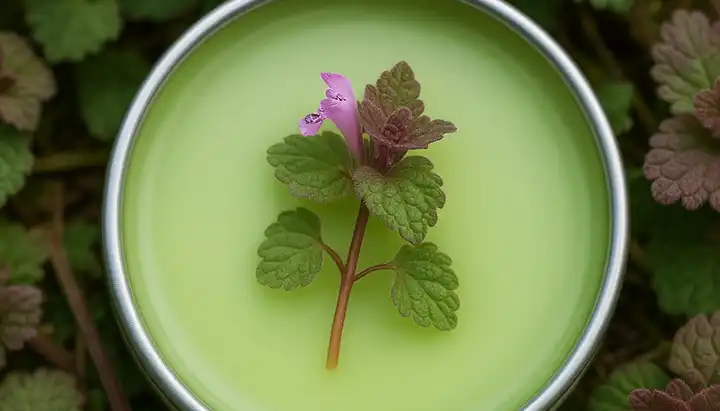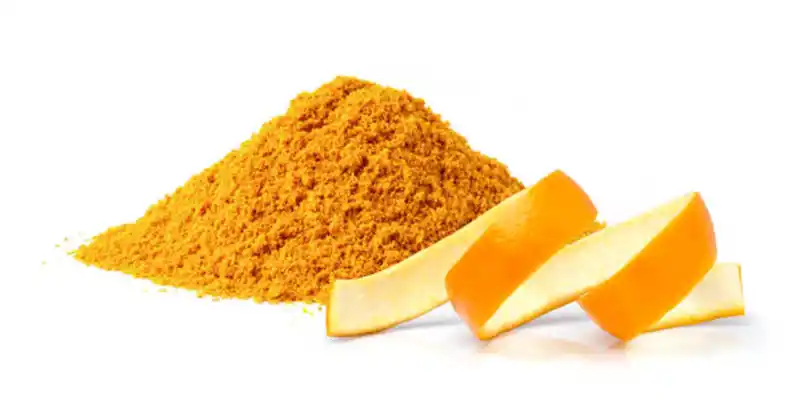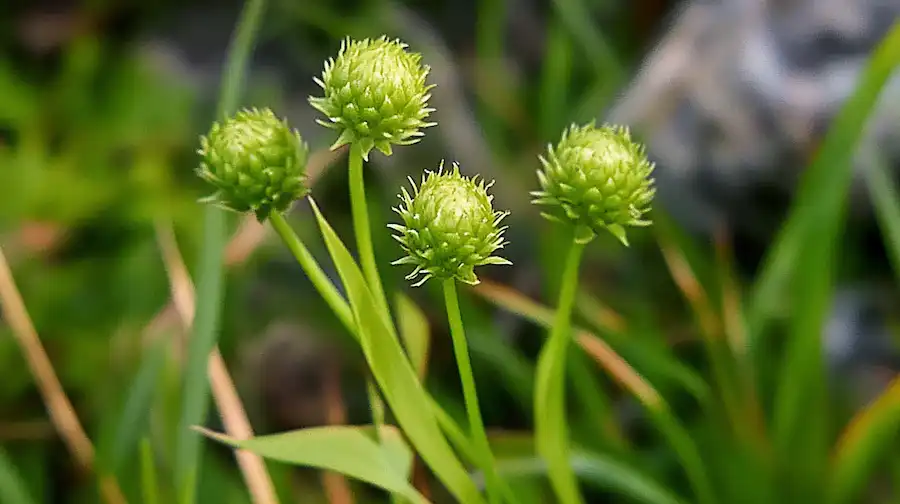6 Stunning Effects of Milk in the Garden
Milk is not just a nourishing beverage; it’s also a versatile addition to your gardening toolkit. Gardeners around the world have used milk for various purposes, from disease control to general plant health. Here are six stunning effects of using milk in the garden:
- Natural Fungicide:
- Milk is an effective treatment against various fungal diseases that plague plants, especially powdery mildew. A simple solution made by diluting milk with water (usually a 1:9 ratio) can be sprayed on the affected plants. The proteins in the milk act on the fungus when exposed to sunlight, destroying its cell walls and preventing its spread.
- Boosts Plant Growth:
- Milk contains essential nutrients like calcium, which plants require for cell development. Pouring diluted milk into the soil or using it as a foliar spray can boost your plants’ health, ensuring strong cell walls and improved growth.
- Safe Pest Control:
- Many soft-bodied insects and larvae detest the proteins and fats in milk. A milk spray can act as a deterrent for pests like aphids and mites, keeping them at bay without the need for chemical pesticides.
- Improves Soil Health:
- Milk can enhance soil quality by introducing beneficial bacteria and nutrients. When poured directly onto the soil (in moderation and diluted), the milk’s organic matter breaks down, enriching the soil and making it more fertile.
- Tomato Savior:
- Blossom end rot is a common problem in tomatoes, caused by a calcium deficiency. Spraying diluted milk on tomato plants can provide them with the needed calcium, reducing the chances of this condition and ensuring plump, healthy tomatoes.
- Natural Seed Germination Aid:
- Soaking seeds in milk before planting can enhance germination rates. The milk nourishes the seeds, providing them with essential nutrients and ensuring a healthy start when they begin to sprout.
Conclusion:
While milk is a wonderful addition to any garden, it’s essential to use it wisely. Always dilute milk before using it, and be sure not to overdo it to prevent any unwanted odor or side effects. With its myriad benefits, milk can truly be a game-changer, transforming your garden into a lush, vibrant haven.
Remember that when using milk, opting for raw or unpasteurized versions can often yield better results, as they contain more active enzymes and beneficial bacteria. Whether you’re looking to tackle a specific gardening problem or just want to enhance the general health of your plants, milk might be the secret ingredient you’ve been searching for!



















